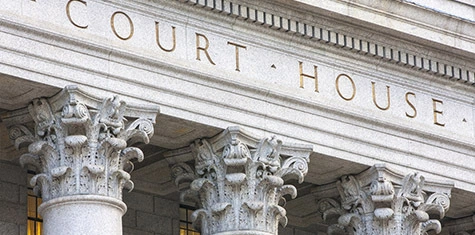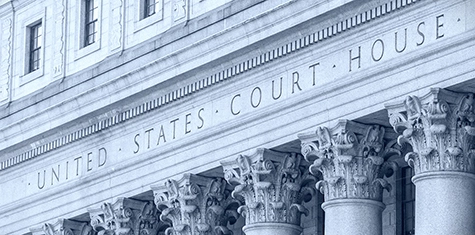In a significant victory for employers across the Midwest looking to hire and expand their workforce, the Seventh Circuit Court of Appeals issued an important decision on June 28, 2022, which clarifies and heightens the standard for injunctive relief in non-compete disputes.
In the case captioned DM Trans, LLC v. Lindsey Scott, et al, Case no. 21-3101, Fredrikson’s Employment & Labor Litigation Group scored a victory for our client Traffic Tech, Inc. by successfully preventing the transportation logistics company from being forced to sideline multiple new employees due to non-competition agreements that the employees were required to sign by their former employer.
Injunctive Relief Sought by Former Employer
Over the course of a few months, Traffic Tech hired six entry- and mid-level employees. While all six employees were eager to find alternative employment, each had signed agreements with their former employer containing non-competition provisions that purported to prevent them from working in the industry for a period of time after their employment.
Their former employer sued Traffic Tech and these six employees, seeking emergency injunctive relief to remove the employees from their new jobs and prevent them from servicing certain customers—which would cause significant disruption to Traffic Tech’s growing business. Fredrikson attorneys Pamela Abbate-Dattilo and Lukas Boehning prepared an opposition to the plaintiff’s emergency request for injunctive relief, and appeared before the Court in the Western District of Texas to argue on behalf of the defendants. With the benefit of evidence and arguments provided by the defendants, the district court denied the motion, allowing the employees to remain employed.
Seventh Circuit’s Decision Raises the Standard
The Fredrikson team then successfully transferred the case to the Northern District of Illinois, where the employees all lived and worked. After extensive expedited discovery, including ten depositions, the former employer brought a second motion for emergency injunctive relief, seeking again to remove the employees from their positions at Traffic Tech and restrain their ability to service certain customers who wanted to do business with the employees and Traffic Tech. This motion was also denied. In its ruling, the district court disagreed with the plaintiff that the drastic remedy of forcing the employees out of the industry was warranted under the facts.
Undeterred, the plaintiff then appealed the district court’s decision to the Seventh Circuit Court of Appeals. After substantial briefing and oral argument, the Seventh Circuit affirmed the lower court’s decision, holding that even if the employees did violate their purported non-competition agreements, there simply was no basis for the court to remove them from their new jobs or restrict their ability to service certain customers.
This was a resounding victory for Traffic Tech. The Seventh Circuit’s opinion requires employers seeking to remove their former employees from their new jobs to show that such action prevents the harm to their business that simply cannot be quantified through money damages, such as lost profits. Given the increasingly improving data-collection technology, showing this will henceforth be a more challenging task.


